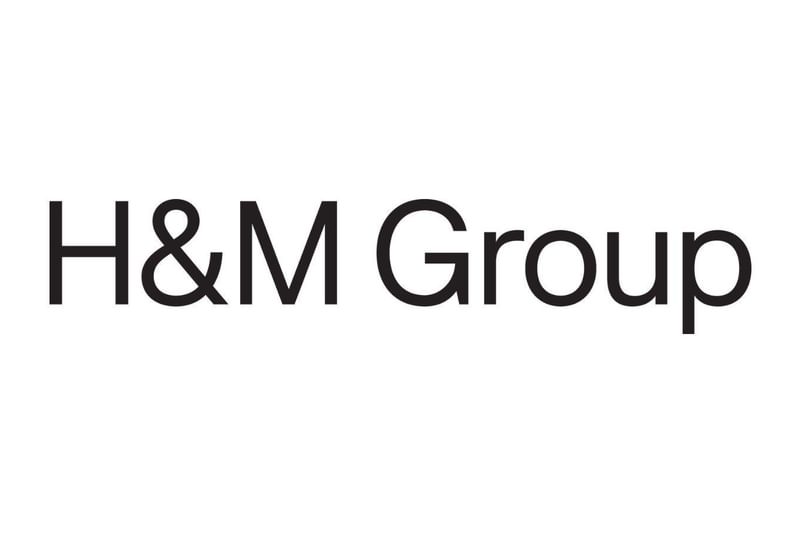
Net-Zero Case Study - TDC NET
TDC NET, the Danish provider of digital infrastructure, is the first company in the world to receive a validated 2030 net-zero target aligned with climate science using the Science Based Targets initiative’s (SBTi’s) Net-Zero Standard. Discover its plan to reach net-zero by 2030.
The SBTi spoke with Peter Søndergaard Andersen, Head of Sustainability at TDC NET, to learn more about its targets.
As Denmark’s leading digital infrastructure provider, TDC NET builds, owns, and operates nationwide digital infrastructure.
We believe that companies that have the best conditions to reach science-based net-zero – such as the digital sector – should take the lead in climate action. Being among those, we have set an ambitious target to become net-zero in our operations by 2028 and net-zero in our value chain by 2030 (compared to 2020) – two decades earlier than the ambitions set out in the Paris Agreement.
The road to net-zero
As a digital infrastructure provider operating in Denmark, we believe that we have a good legislative and business environment as well as a strong political focus to become net-zero in our entire value chain by 2030. Our CO2 reduction roadmap is fully aligned with our 2030 business plan which includes spend and investment trajectory. Included in our climate roadmap is a focus on energy efficiency, renewable energy, and supplier engagement. To us, the best energy is the energy saved - therefore, we invest in the most energy-efficient technologies and work continuously to reduce our network energy consumption by decommissioning legacy technology.
Our digital infrastructure is powered by electricity. As data volumes continue to increase, so does the need for energy. We have therefore included additionality as a mandatory requirement when procuring renewable energy. This means that we will only purchase power from new renewable energy sources that are added to the grid and not buy certificates from existing green energy sources. To take responsibility for adding renewable energy to the Danish grid, TDC NET signed a power purchase agreement (PPA) in 2021 for four new solar parks in Denmark, reflecting the geographical coverage of our network and infrastructure. The four solar parks will cover approximately 60% (~140 GWh) of our total energy consumption in 2023. TDC NET aims to be 100% covered by renewable energy in 2028.
Navigating scope 3
Our biggest challenge in terms of decarbonization is our value-chain emissions, as we have more than 3,500 suppliers worldwide. In 2021 we initiated a supplier engagement programme to reduce emissions from our value chain, which constitutes approximately 80% of our scope 3 emissions.
With our supplier engagement programme, we assess our suppliers and split them into two groups – high emitters and low emitters. First, we will engage the high emitters to ensure they support our targets and encourage them to set their own science-based targets with the SBTi. We will then move on to the low emitters.
In addition, we are already conducting regular onsite sustainability audits through the Joint Audit Cooperation (JAC), an association with 20 telecom operators worldwide. What’s more, with our smaller vendors, we host climate reporting workshops and recommend that they sigh-up to the third-party platform EcoVadis to ensure verified climate data.
For new suppliers, we have developed a sustainability screening tool to ensure that we select those with the lowest carbon emissions. Furthermore, we plan to introduce life-cycle assessment in our scope 3 calculation, which will improve the accuracy and help us reduce CO2 emissions by selecting less carbon-intensive materials, e.g., with more recycled content.
With regards to the remaining 20% of our scope 3 emissions, we have a range of initiatives to ensure we deliver on our net-zero target. For instance, we have integrated a hybrid workplace with two to three days of working from home to reduce business travel and employee commuting. Moreover, we will reduce our energy and fuel-related emissions by moving to 100% renewable on scope 1 and 2 and converting downstream assets to renewable energy.
Digitalization as a green enabler
We know that digital infrastructure and solutions are key enablers in the reduction of carbon emissions globally. In 2021, TDC NET was among the founders of the European Green Digital Coalition, a consortium of ICT companies seeking to support green and digital transformation. We have committed to investing in developing green digital solutions with a net positive impact, in developing methods and tools to measure the impact of green technologies and to co-create guidelines for the green digital transformation of other sectors.
Additional benefits of climate action
Our ambitions and actions to fight climate change are already having a positive impact on our business. This summer we issued Sustainability Linked Bonds as part of a debt refinancing, which was well received by the investor market. In addition, we see it impacting the attraction and retention of employees positively. Based on interviews with management members and the high engagement level in our internal and external communication, we can see that our current and new colleagues are proud of our contributions.
TDC NET strongly encourages all companies to commit to the necessary near- and long-term reductions under the Net-Zero Standard, and work to set ambitious net-zero targets.
We know that we can only fight the climate challenge together. The window of opportunity to prevent climate devastation is narrowing. We need all companies – especially those that have the best conditions to reach net-zero quickly – to set ambitious and concrete science-based net-zero targets.
Latest News
View News


